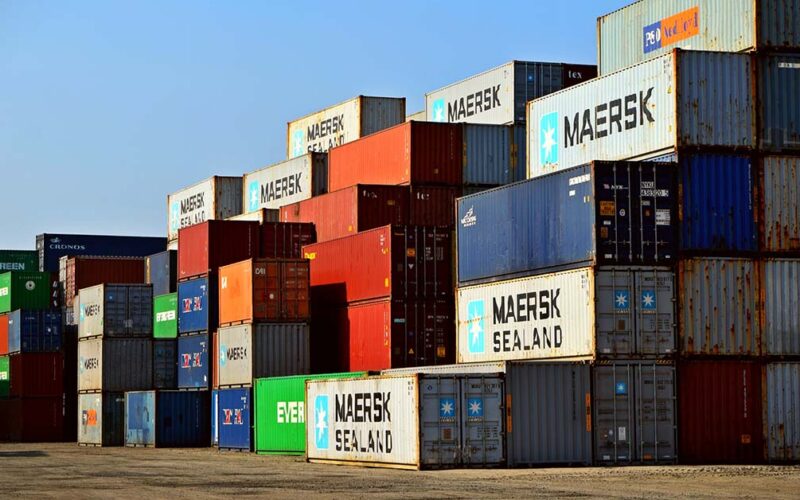
Rabobank report sets out some of the impacts on Australian and NZ exports as well as the global outlook.
Donald Trump’s second presidential term could affect Australian and New Zealand agricultural trade in several ways, a new Rabobank report says.
A strong United States dollar and decreased US competitiveness in global markets would impact positively on grain, oilseed, dairy and beef exports from Australia and New Zealand, the report, Trump 2.0: Impacts on global food and agriculture, says.
“However, increased US import tariffs on countries with large trade surpluses to the US, such as Indonesia, Vietnam, South Korea, Japan and China, could create negative economic pressure on those exporters because they rely heavily on exporting to the US.
“This economic strain could lead to reduced spending power and lower Asian demand for Australian and New Zealand imports.”
Geopolitical shifts might also pressure Australia and New Zealand to align more closely with the US, potentially jeopardising exports to China.
“Therefore, the agribusiness sector in Australia and New Zealand should focus on profitability drivers, optimisation and diversification of products and markets to navigate change,” it says.
Trump’s return to the White House and the resulting policy shifts will create a complex landscape for global food and agricultural trade.
At a macro level, the report says, Trump’s return to the White House signals a shift toward tax cuts, deregulation, high defence spending and tariffs, likely leading to higher inflation, slower gross domestic product growth, and increased budget deficits.
“Trump has repeatedly talked about a 10%-20% universal tariff, possibly a 60% tariff on Chinese imports and even 100% on Chinese electric vehicles imported from Mexico.
“We expect the increase in tariffs to lead to a rebound in inflation and a slowdown in economic growth. The negative impact on growth could be mitigated by tax cuts and deregulation by a Republican Congress.
“However, this would increase the budget deficit and reinforce inflation, especially in combination with reduced immigration. For the Fed, this means a pause in the rate-cutting cycle is likely in 2025.”
The report says US consumers and food companies will also face significant change.
“Inflation will pressure consumers to seek value, with an emphasis on private-label products, affordable luxuries and occasional dining out.
“For consumer food companies, rising food costs may cause margin pressure. Companies will further invest in efficiency, favour US supply in their product mix, cut costs and consolidate, while focusing on innovation and strategic partnerships to stay competitive.”
You can now read the most important #news on #eDairyNews #Whatsapp channels!!!
🇺🇸 eDairy News INGLÊS: https://whatsapp.com/channel/0029VaKsjzGDTkJyIN6hcP1K

























